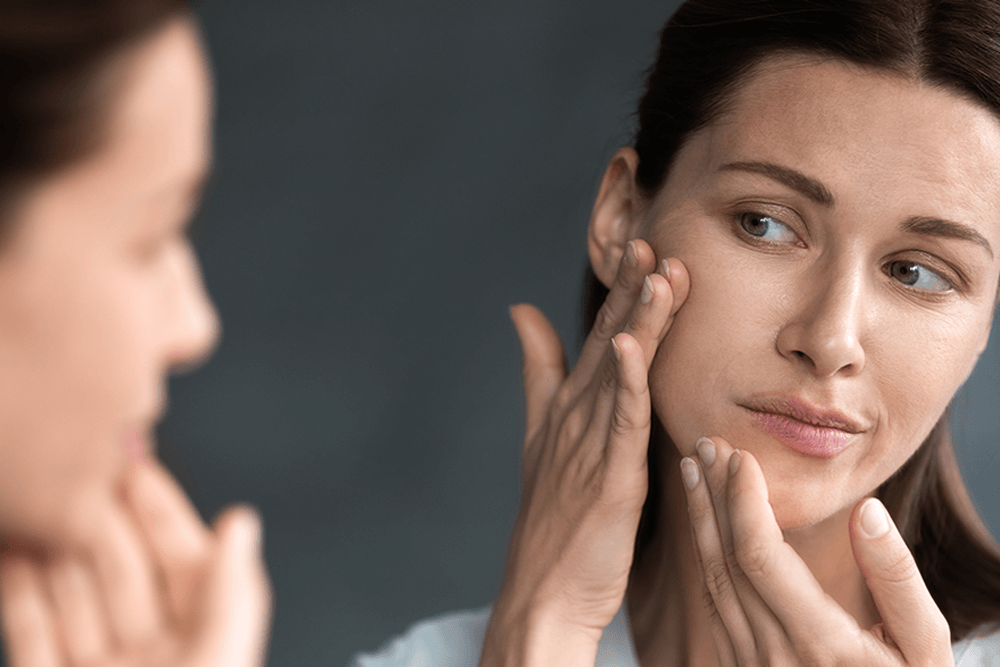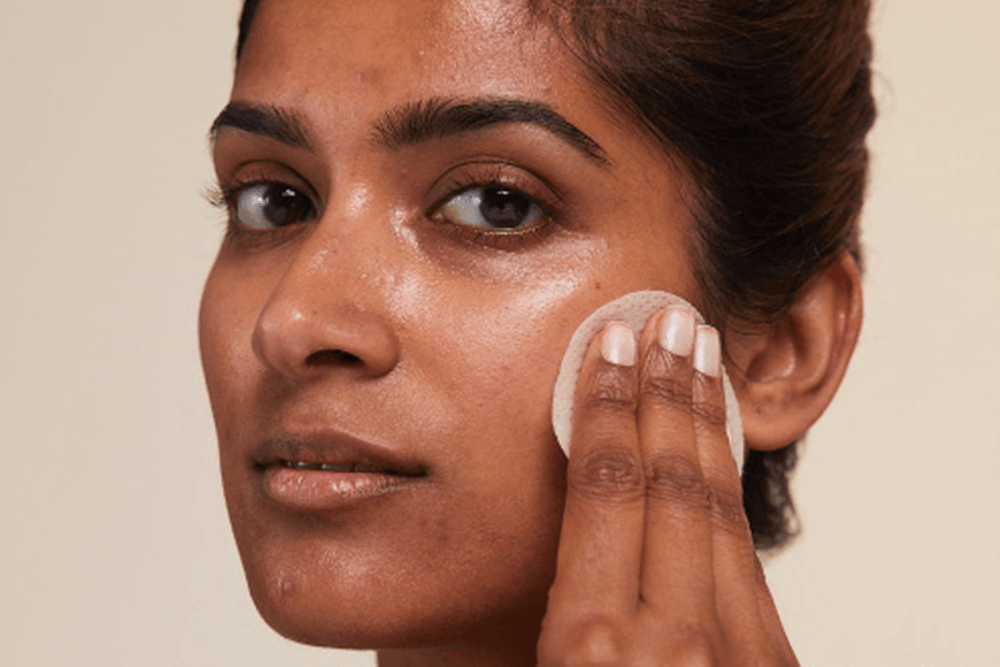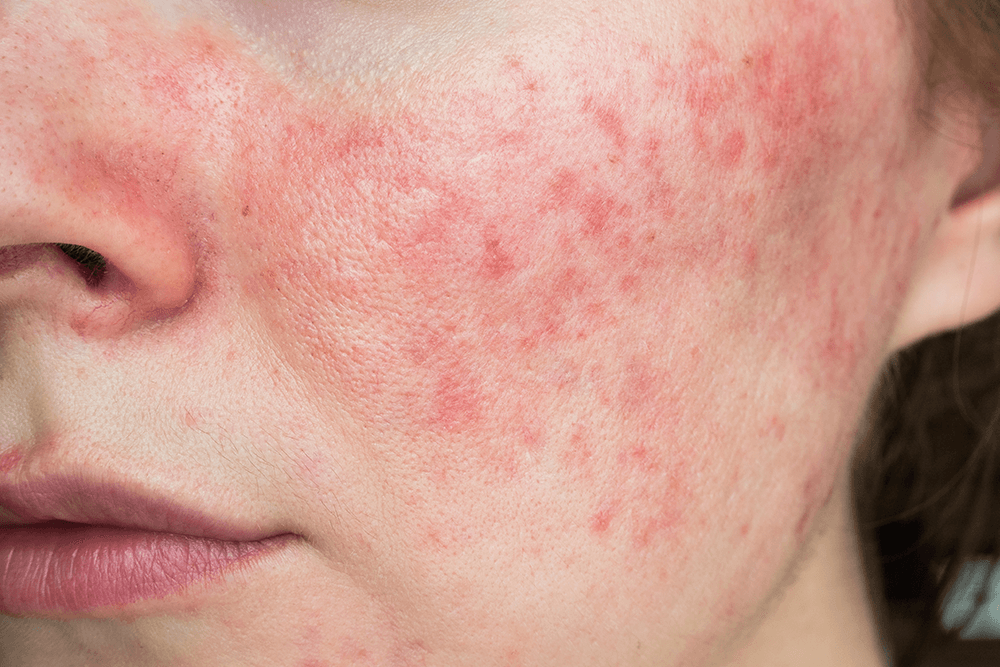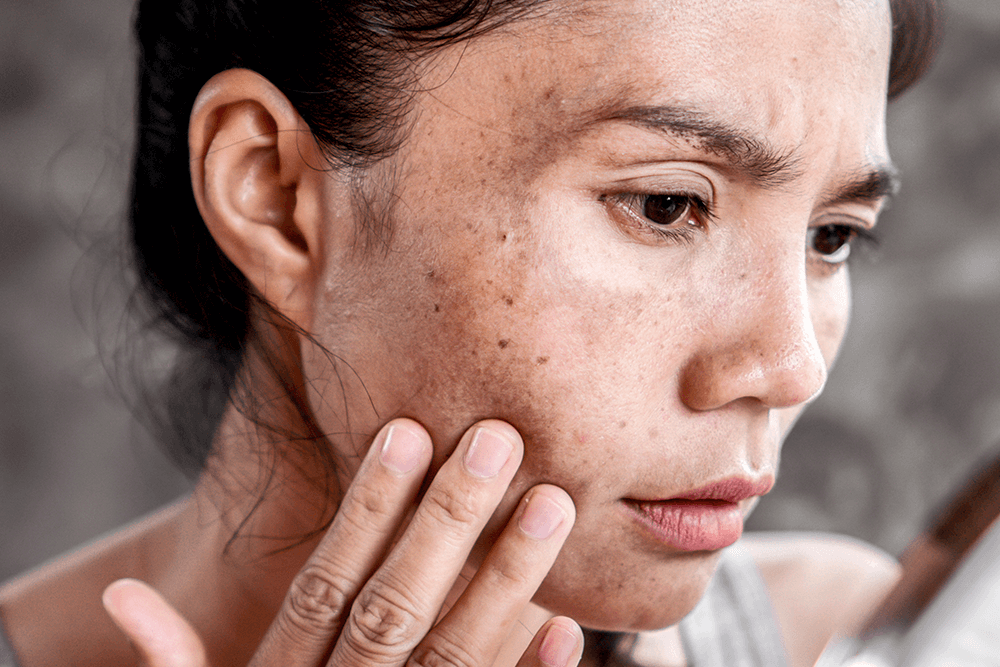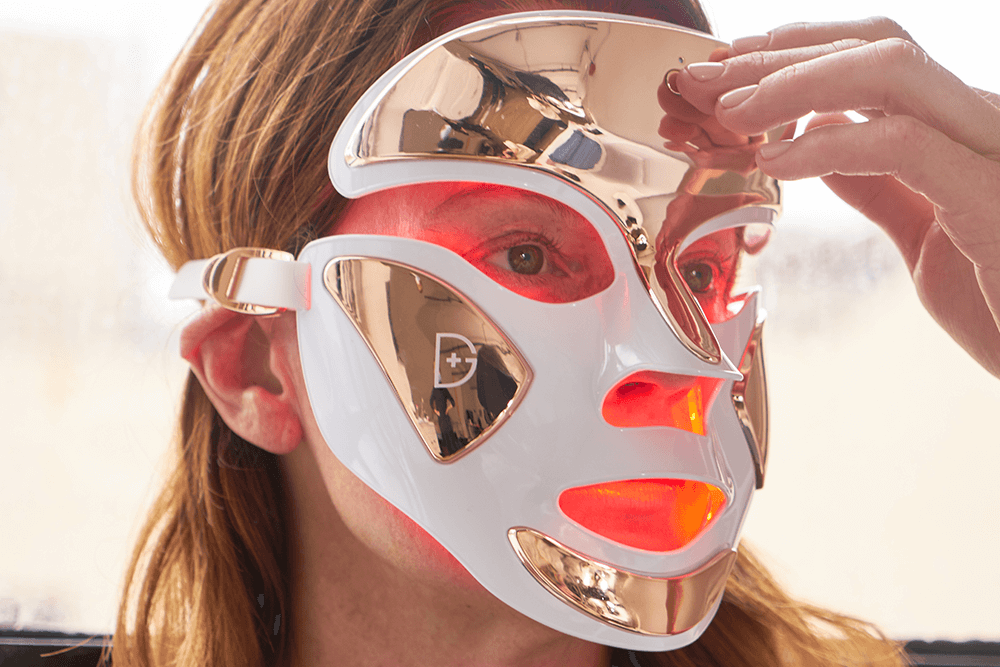The+Source
TEWL stands for transepidermal water loss, an acronym you’ll hear in skincare circles almost as often as you do AHA (that’s alpha hydroxy acid, of course). There are many reasons you should care about TEWL (and not just because you want to know what everyone’s talking about, although that’s good too!). Here are just a few.
TEWL: A brief definition
TEWL is how scientists measure the amount of water that evaporates from the skin each day as you do your business. (TEWL is considered “passive” evaporation, so it’s unrelated to sweating.) TEWL is frequently used to gauge skin’s barrier function and is inversely correlated to skin’s hydration levels. The higher the daily TEWL number, the lower the skin’s hydration amount, and the more likely it will be that your skin is dry, cracked, and irritated.
Measuring your skin’s TEWL isn’t something you can do at home; there are specialized professional instruments for this purpose. However, you don’t need a device to tell you what you can see with your own eyes: If your skin is dry (even if it’s not flaking or inflamed), then you have some level of heightened TEWL. Dermatologists and skincare manufacturers are obsessed with TEWL because of its impact on skin: It’s one of things cases where too much of something is terrible.
What causes TEWL?
Anything you do that weakens the skin barrier is going to increase your TEWL levels. When the skin barrier is strong, it’s like a solid brick wall — nearly impenetrable. But when it’s compromised, it’s like the mortar falling out between the bricks. Those cracks allow water to leach out of the tissue.
But even the most resilient skin barrier can fall victim to its environment, specifically cold weather (winter is coming!). Frigid air has inherently less moisture than warm, humid environments. As a result, there’s less water in the air for skin to absorb, and the dry air draws moisture out of your skin, to balance the scales. As if that weren’t enough, indoor heating also robs skin of precious water. So going outside in cold weather will increase TEWL levels, as well as staying inside. It’s not a no-win situation, but it’s pretty close.
Top tips for preventing TEWL
A healthy skin barrier is a strong skin barrier. And a strong skin barrier means lower TEWL levels and skin that’s soft and supple. Luckily, there’s plenty you can do to keep excess TEWL at bay.
Cleanse with kid gloves
Cleansers can be notorious for stripping skin, whether you’re washing your face or your body. (Bar soap is a terrible offender, FYI.) Instead, look for gentle cleansers formulated with skin barrier-supporting ingredients like hyaluronic acid and aloe. You’ll find both in our Dr. Dennis Gross Hyaluronic Marine Meltaway Cleanser.
Saturate your skincare routine with hyaluronic acid
Repairing the skin barrier and keeping it sealed is the number-one way to stave off excess TEWL. Since TEWL is water leaving the skin, doing everything you can to replace that water just makes sense. Fortunately, each hyaluronic acid molecule can absorb 1,000 times its weight in water it pulls from the air. The more hyaluronic acid you apply to your skin, the more of those miracle-working molecules you can press into service. That’s why layering a hyaluronic acid serum under your hyaluronic acid moisturizer makes so much sense. Our Dr. Dennis Gross Hyaluronic Marine Hydration Booster and Dr. Dennis Gross Hyaluronic Marine Oil-Free Moisture Cushion are each chock-full of hyaluronic acid, plus other ingredients you’ll love, like free radical-fighting watermelon extract.
Freshly washed? Dry off, then moisturize
Anytime skin has gotten wet, you need to follow with moisturizer — whether you’ve washed your hands or are stepping out of the shower. That’s because no matter how careful you are with your cleanser selection, water still rinses away some of your skin’s natural oils — oils that are essential to a strong skin barrier. While you wait for those to be replenished, fill in the gap with a coat of moisturizer, whether it’s hand cream, body lotion, or your favorite facial hydrator. That added layer will also help seal in any water that’s left on your skin, post-towel off.
“Humid” isn’t a bad word
At least, not when it’s part of a “humidifier.” Help counteract the dehydrating effects of your indoor heating by plugging in a humidifier. The handy device will fill the surrounding air with tiny droplets of water that the hyaluronic acid in your skincare can grab onto. For that reason, it makes sense to place your humidifier near you, whether that’s by your bed or next to your favorite reading chair. It’s not going to do your skin much good if those teeny drops need to travel across the room to get to you.
Shop All Products From This Story
Discover Dr. Dennis Gross Skincare for All Your Skincare Needs
For more skincare tips from the experts at Dr. Dennis Gross, check out our blog’s newest content today. Shop the collection of Dr. Dennis Gross bestselling skincare backed by dermatologists.
